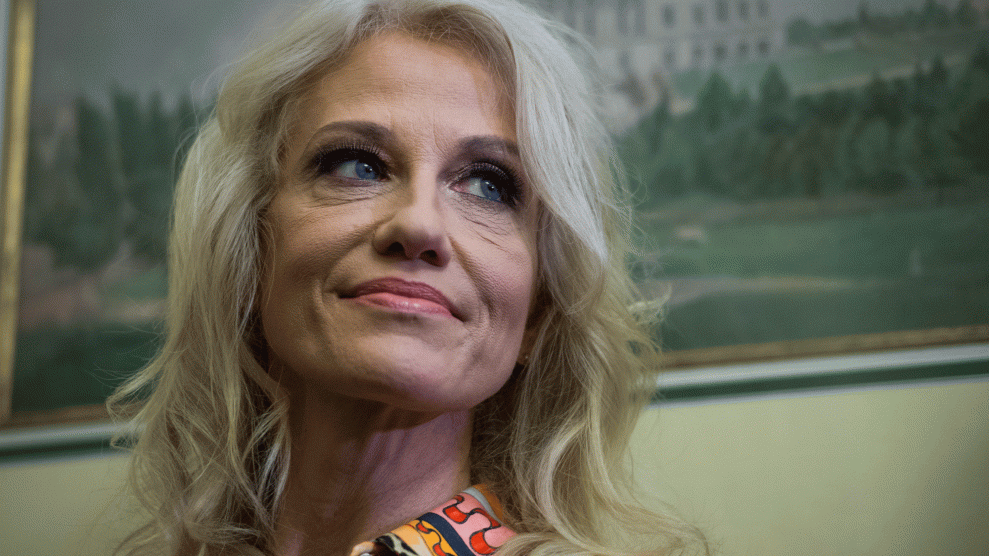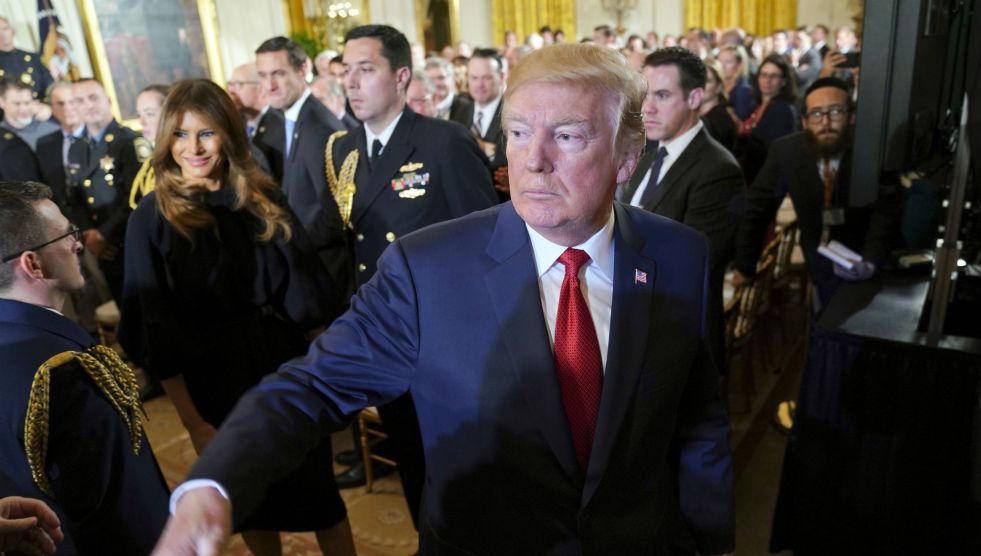
White House counselor Kellyanne ConwayTom Williams/CQ Roll Call/AP
Kellyanne Conway is spearheading the Trump Administration’s efforts to combat the opioid epidemic, Attorney General Jeff Sessions said at a press conference Wednesday.
Conway will “coordinate and lead the effort from the White House,” according to Sessions. “I think her appointment represents a very significant commitment from the president and his White House team.”
Conway has “zero background” on drug policy, says Keith Humphreys, a Stanford psychiatry professor and former Obama drug policy advisor, adding that it’s unclear what this position entails. The White House has reportedly clarified that Sessions was simply acknowledging a role Conway was already playing in the administration’s response to the epidemic, according to Politico reporters.
Trump has yet to install a drug czar, or the director of the Office of National Drug Control Policy, which typically leads the White House’s drug policy efforts. Earlier this fall, Trump nominated Rep. Tom Marino (R-Penn.) to the position, but Marino withdrew from consideration after Mother Jones and other outlets reported on Marino’s ties to the pharmaceutical industry and his track record sponsoring legislation that weakened the Drug Enforcement Agency. Last month, Trump declared the opioid epidemic to be a public health emergency, falling short of the national state of emergency status that would open up federal disaster funding.
Conway seems to share Trump’s reluctance to allocate significant funding to combat the opioid epidemic. In June, she made headlines when she told ABC’s George Stephanopoulos “pouring money into the problem is not the only answer.”
Solving the opioid epidemic, she declared, “takes a four-letter word called ‘will.'”











